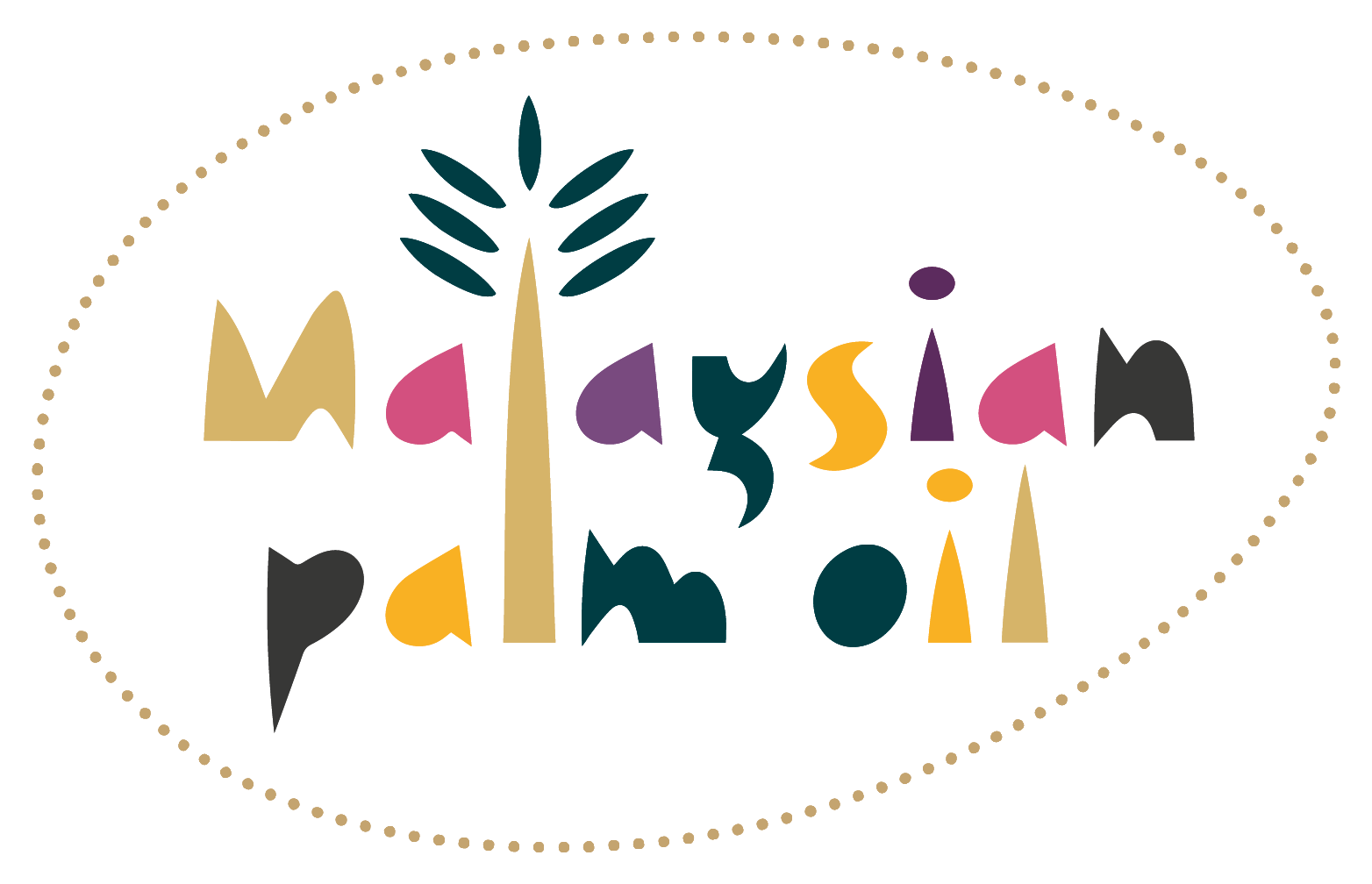MPOC CEO: New Data Confirm Malaysia is Leading Developing World in Lowering Deforestation, Protecting Forests
The latest data on global deforestation from the independent research group World Resources Institute (WRI) highlights that Malaysia is now a top 5 country for reducing deforestation, globally.
WRIâs report and expert analysis, reported last week in The Guardian (UK) show that as of 2022, Malaysia – thanks largely to efforts from the government and palm oil sector – has reduced its primary forest loss by 57% and is now a world leader in the protection of its forests and biodiversity.
Ms Belvinder Kaur Sron, CEO of the Malaysian Palm Oil Council (MPOC), in response to the new data from WRI and commentary from leading forest loss experts, stated âMalaysia is leading the way in forest protection and providing proof of sustainability and compliance through the world-leading Malaysian Sustainable Palm Oil (MSPO) standard.â
Liz Goldman of Global Forest Watch, echoing Ms Sron and WRIâs praise of Malaysiaâs progress, told The Guardian (UK) that Malaysia and the other nations in the ASEAN region should be âincluded as success storiesâ with âgovernment and corporate actions coming together to have a positive influenceâ¦â.
The report from WRI and commentary from leading experts on deforestation comes as the European Union is undertaking a rulemaking process to implement its new Deforestation Regulation (EUDR), which could significantly affect Malaysian businesses and smallholders.
The EUDR was approved by the EU earlier this year and on 29 June 2023 entered into force and officially began an 18-month implementation period. The Regulation aims to ensure certain commodities – soy, beef, palm oil, wood, cocoa, coffee, and rubber – and products derived from them which are sold in the EU market are âdeforestation-freeâ. In order to do this, the EU is requiring any operator or trader selling these products in the EU market to prove âthe products do not originate from recently deforested land or have contributed to forest degradation.â
The Regulation will increase costs and barriers for Malaysiaâs palm oil sector, including 500,000 small farmers. Blocking market access for these farmers would increase poverty, reduce household income and harm Malaysiaâs rural communities. In doing so, the EUDR is directly and explicitly undermining the EUâs commitments outlined in the UN Sustainable Development Goals.
The Regulation is also considered by friendly trading nations of the Global South, including major palm oil producing countries such as Malaysia, to be a highly regressive act. Fourteen developing nations signed a letter opposing the EUDR, during its passage in 2022, describing it as âprotectionistâ and âdiscriminatoryâ. The EUDR is a âstep backwardsâ that will undermine sustainable development and environmental progress if not implemented in a manner that supports developing countries.
Specifically, the European Commissionâs âbenchmarkingâ system focuses only on commodities grown in developing countries – soy, beef, palm oil, wood, cocoa, coffee, and rubber. The benchmarking system could see these commodities or countries labelled as âHigh Riskâ even though the latest deforestation data prove that Malaysia has made exceptional progress in reducing deforestation and protecting its biodiversity. The WRI report states: âIn Malaysia, primary forest loss remained low in 2022 and has leveled off in recent years. Corporate and government action also appear to be contributing.â
Benchmarking should be based on facts. Malaysiaâs world-leading efforts to protect forests and reduce deforestation are globally recognised successes that clearly prove that Malaysia is not a high-risk nation. As Ms Sron explains, âWRIâs data simply confirms what everyone knows: Malaysia is not high risk. At the 1992 Rio Earth Summit, Malaysia committed to maintain 50% of its forest cover, a pledge that remains with the countryâs forest cover at 54.58% or 18.05 mil hectares.â
These data prove the need for the EU to acknowledge the facts on Malaysia and the palm oil sectorâs global leadership, progress and success in reducing deforestation. Arief Wijaya, a programme director for WRI Indonesia, also told The Guardian (UK) that âpalm oil is no longer a driver of deforestationâ and urged the EU to be âmuch more carefulâ in trying to implement regulations like the EUDR. âIn my view, the palm oil sector is no longer a major driver,â he added.
âItâs time for the European Commission to acknowledge that Malaysia is a global leader in reducing deforestation,â concluded Ms Sron.
